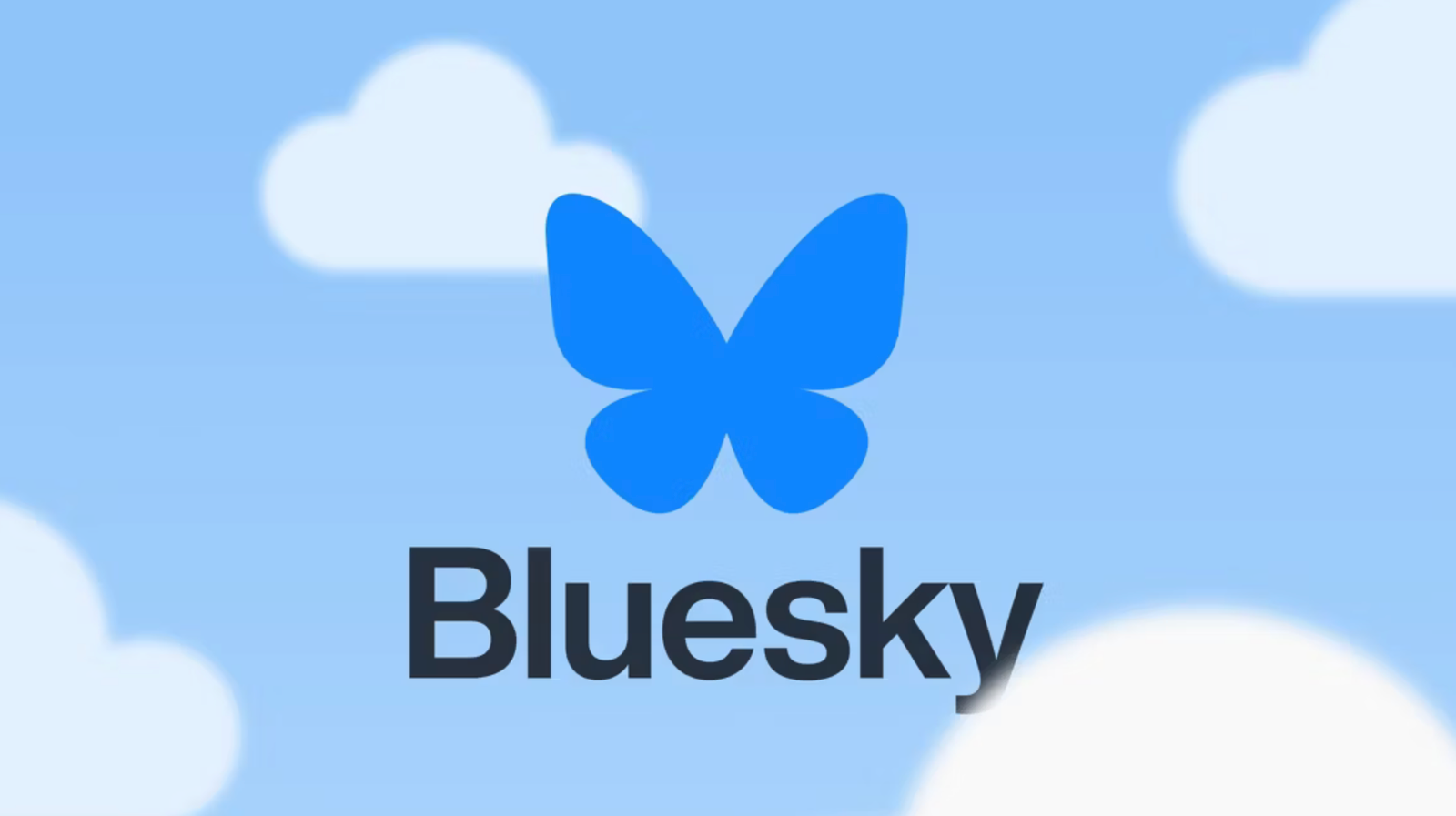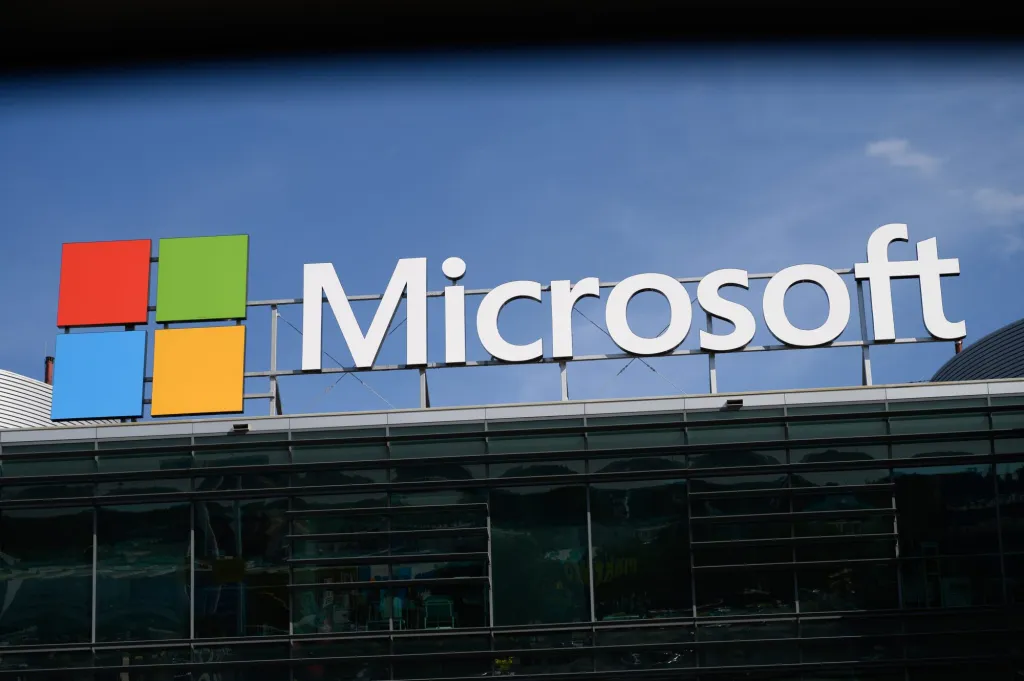Introduction of Unity
Steve Collins, Chief Technology Officer (CTO) at Unity Technologies, is stepping down from his role, the company confirmed in a statement to TechCrunch. His departure comes just six months after joining the game engine giant, marking yet another shift in leadership at a company that has been navigating turbulent waters in recent years.

Table of Contents
Collins, a veteran in the gaming industry, joined it after serving as CTO at King, the developer best known for the blockbuster mobile game Candy Crush Saga. His move to Unity was initially seen as a strategic hire, bringing deep experience in mobile game development to a company whose engine powers thousands of games across platforms.
Its spokesperson confirmed Collins’ departure and emphasised that the decision was personal. “We can confirm that Steve Collins has decided to leave for personal reasons,” the representative said. “We’re grateful for his contributions. As we continue our transformation, we’re confident our world-class tech team will keep driving the strategy forward.”
While the company did not provide additional details, Collins’ exit adds to a string of executive-level shakeups that have rattled Unity’s leadership in the past year.
A Company in Transition
Its recent history has been marked by controversy and major restructuring. In late 2023, the company sparked widespread backlash within the game development community when it announced a drastic overhaul of its pricing model. The proposed changes, which included a new fee structure tied to game installs, were seen by many developers as unfair and damaging to smaller studios.
The outcry was swift and intense. Developers publicly criticised the changes across social media platforms, and some even threatened to abandon it altogether. In response, Unity eventually rolled back some of the most controversial aspects of the policy, but the damage to its reputation was already done.
The fallout from that crisis culminated in the resignation of then-CEO John Riccitiello, a former EA executive, who had led the company since 2014. His exit was followed by significant layoffs: in early 2024, it cut 25% of its workforce, affecting around 1,800 employees. The company said the decision was part of a broader restructuring effort aimed at refocusing on its core business.
Developer Trust Still Fragile
Though some time has passed since those major events, it has continued to grapple with rebuilding trust among developers, a community that was once among its most loyal supporters. The game engine remains a key tool for many indie studios and mobile developers, but confidence in its direction and leadership has not fully recovered.
Collins’ departure, while reportedly unrelated to these past issues, may nonetheless raise eyebrows within the industry. For a company in the midst of transformation, the loss of a high-profile technical leader could add to the perception of instability — or at the very least, create new questions about Unity’s long-term strategy.
What’s Next for Unity?
Despite the upheaval, Unity insists it remains committed to evolving its technology and supporting game creators. The company has been making moves to streamline its operations and refocus on core engine development, even as it explores opportunities in other sectors like film, automotive, and augmented reality.
No successor to Steve Collins has been announced yet, and Unity has not indicated whether it will be seeking a new CTO in the immediate future. For now, the company says its existing technical leadership will continue to steer development and innovation.
As Unity pushes forward with its transformation efforts, all eyes will be on how it balances internal change with the need to restore trust externally. For many developers, the company’s next steps will be critical — not only for the future of Unity, but for the ecosystem of games and creators that rely on it.































RichardLuche
Dating websites provide a innovative approach to connect people globally, combining intuitive tools like profile galleries and compatibility criteria.
Key elements include video chat options, social media integration, and personalized profiles to streamline connections.
Smart matching systems analyze behavioral patterns to suggest compatible matches, while account verification ensure trustworthiness.
https://materiascritta.com/dating/why-hentai-is-more-than-just-cartoon-porn/
Leading apps offer premium subscriptions with exclusive benefits , such as unlimited swipes , alongside real-time notifications .
Whether seeking long-term relationships, these sites cater to diverse needs , leveraging AI-driven recommendations to foster meaningful bonds.
RichardLuche
Dating websites provide a innovative approach to connect people globally, combining intuitive tools like photo verification and interest-based filters .
Core functionalities include secure messaging , geolocation tracking , and personalized profiles to streamline connections.
Smart matching systems analyze behavioral patterns to suggest compatible matches, while privacy settings ensure safety .
https://rampy.club/dating/the-shift-toward-authentic-adult-content/
Leading apps offer premium subscriptions with exclusive benefits , such as priority in search results, alongside real-time notifications .
Whether seeking casual chats , these sites adapt to user goals, leveraging community-driven networks to foster meaningful bonds.
KevinGet
Нужно найти информацию о пользователе? Наш сервис предоставит детальный отчет мгновенно.
Используйте продвинутые инструменты для поиска цифровых следов в открытых источниках.
Узнайте контактные данные или интересы через автоматизированный скан с гарантией точности .
глаз бога тг бесплатно
Бот работает с соблюдением GDPR, обрабатывая общедоступную информацию.
Закажите расширенный отчет с геолокационными метками и списком связей.
Доверьтесь надежному помощнику для digital-расследований — результаты вас удивят !
Jerryliage
Back then, I believed medicine was straightforward. The system moves you along — nobody asks “what’s really happening?”. It felt official. Then cracks began to show.
Then the strange fog. I blamed my job. And deep down, I knew something was off. I searched forums. The warnings were there — just buried in jargon.
fildena strong 120 mg
That’s when I understood: one dose doesn’t fit all. The reaction isn’t always immediate, but it’s real. Side effects hide. Still we trust too easily.
Now I pay attention. Not because I’m paranoid. I track everything. Not all doctors love that. This is survival, not stubbornness. The lesson that stuck most, it would be keyword.
TtyaBom
Портал предлагает рецепты с расчетом времени на каждый этап. Это помогает точно планировать процесс приготовления, особенно когда готовишь несколько блюд.
Сайт titaya.kherson.ua
ThomasZooxy
Les modèles connectées intègrent des technologies innovantes en fitness .
Dotées de GPS précis et de moniteur cardiaque , elles répondent à tous niveaux.
L’autonomie atteint jusqu’à 14 jours selon le modèle, parfaite pour activités intenses .
montres golf Garmin
Les fonctions santé analysent le sommeil ainsi que les calories, aidant à global .
Intuitives pour personnaliser, elles s’adaptent facilement dans votre vie, avec une interface intuitive .
Choisir Garmin c’est profiter de une technologie éprouvée dans la gestion de vos performances .
ErnestVet
Bilinçli casino oynamak , riskleri azaltır.
Oyun bütçenizi önceden belirlemek , kontrolü tutmaya olanak tanır.
Hesabınızı hariç tutma araçlarını kullanmak, sorunları engellemenize destek olur .
Alevtr Casino
Bahislerin etkilerinin farkında olmak, dengeli katılım sağlar .
Erken aşamada danışmanlık hizmeti danışmak, keyfi çözmeye yardımcı olur .
Bu önlemler, sorumluluk dolu bahis süreci keyfini maksimize eder.